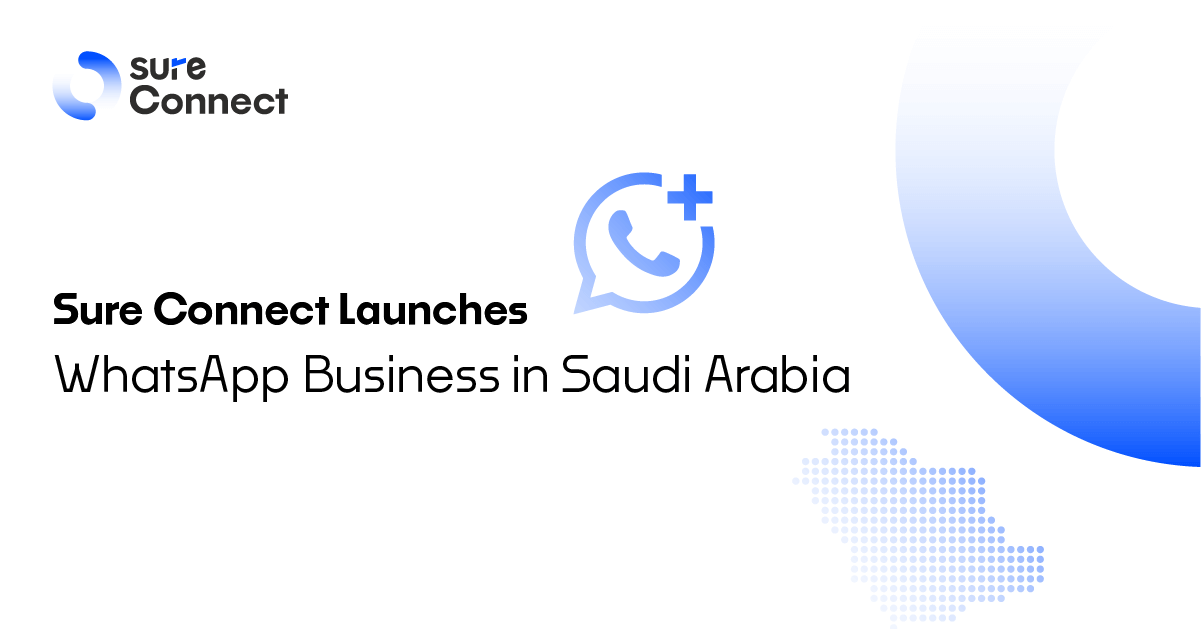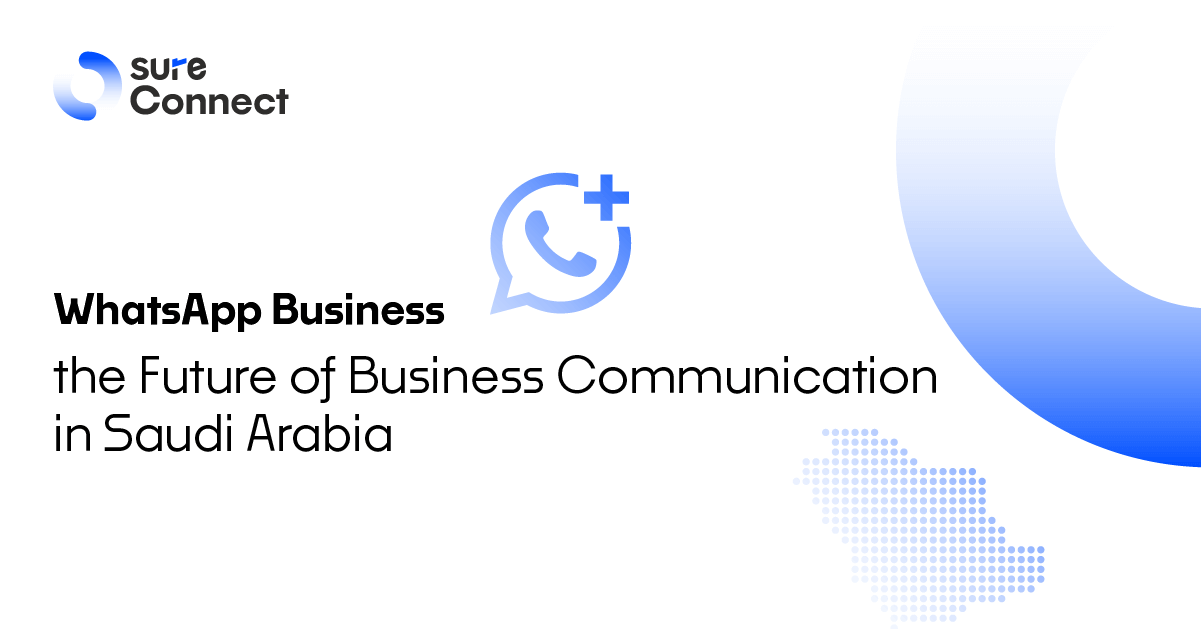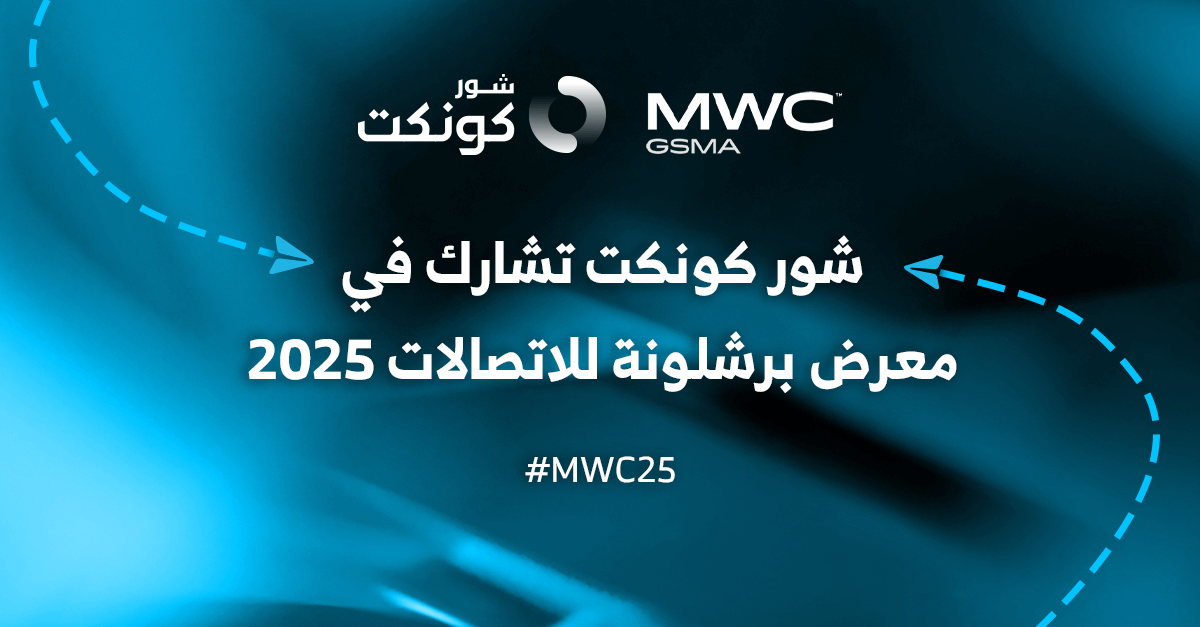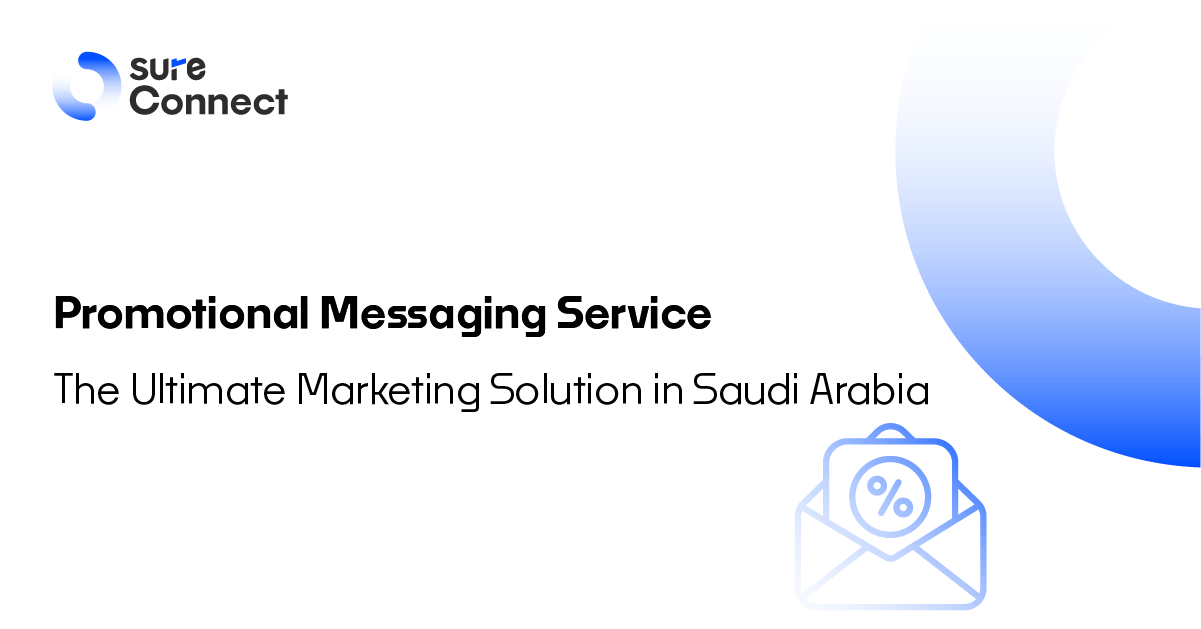What are the most effective mobile marketing strategies for 2025?
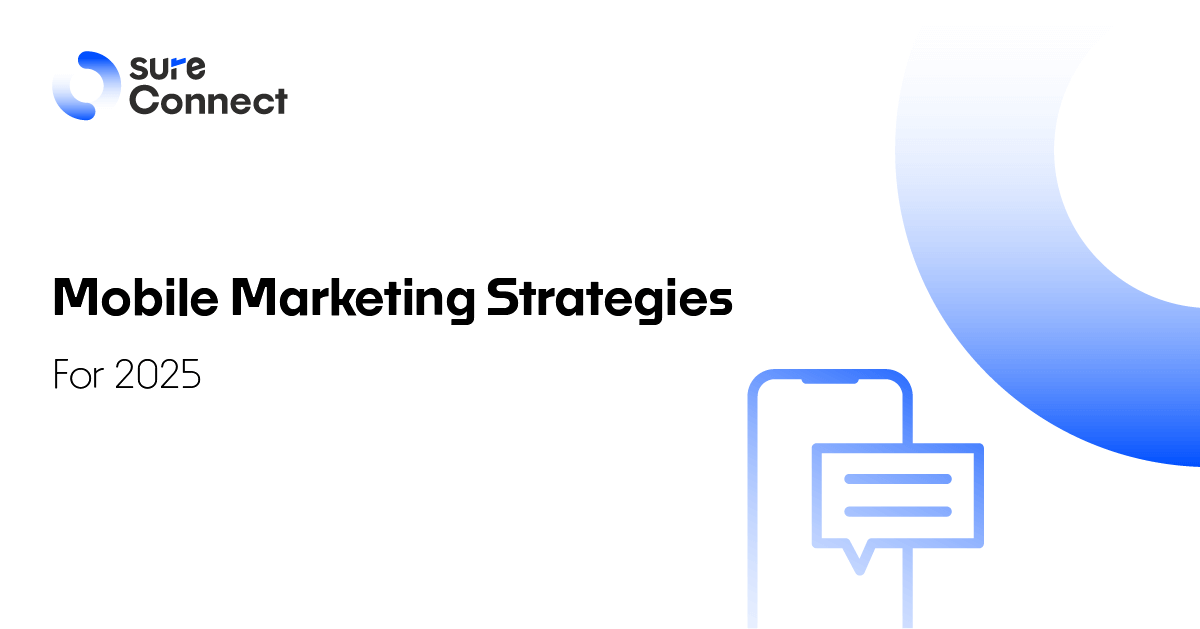
In 2025, mobile marketing strategies will evolve significantly, driven by advancements in technology and changing consumer behaviors. Here are the most effective strategies to consider:
Key Mobile Marketing Strategies for 2025
AI-Driven Personalization
Leveraging artificial intelligence to create highly personalized advertising experiences will be crucial. AI can analyze user behavior and preferences in real time, allowing brands to serve tailored messages that resonate with individual users.
Enhanced SMS Marketing
SMS marketing will continue to be a powerful tool, especially with AI enhancements that allow for predictive and behavior-based messaging. High open rates and immediate engagement make this channel effective for promotions and alerts.
Social Media Marketing
Social media platforms will remain central to mobile marketing, particularly as they evolve with AI algorithms. Brands should focus on creating engaging video content tailored to platforms like TikTok and Instagram, utilizing both organic posts and targeted ads.
Location-Based Marketing The integration of AI in geotargeting will allow brands to deliver contextually relevant ads based on real-time location data and user behavior. This strategy enhances engagement by providing timely offers to users in specific locations.
Proximity Marketing
With advancements in 5G technology, proximity marketing will improve through faster and more accurate ad delivery via Bluetooth and other technologies. This method can effectively drive foot traffic to physical locations.
In-App Marketing In-app
advertising will expand beyond traditional formats, utilizing immersive experiences powered by AI and 5G. This includes display ads, native ads, video ads, and interstitials that engage users within their favorite apps.
Video Advertising
Video content will dominate mobile marketing due to its high engagement rates. Brands should focus on short-form videos that capture attention quickly, ensuring clear messaging and strong calls to action.
Influencer Marketing
Collaborating with nano- and micro-influencers will become increasingly effective as these influencers foster genuine connections with niche audiences. This strategy enhances brand trust and drives meaningful engagement through authentic endorsements.
Voice Search Optimization
As voice assistants become more prevalent, optimizing mobile content for voice search will be essential for reaching users effectively in 2025.
User-Generated Content (UGC) Encouraging authentic user-generated content will help brands connect with consumers on a personal level. Campaigns that promote sharing experiences can enhance community building and brand loyalty.
By adopting these strategies, brands can effectively engage their audience in the rapidly evolving mobile landscape of 2025, ensuring they remain competitive and relevant in the market.
What are the benefits of using AI-driven personalization in mobile marketing?
AI-driven personalization in mobile marketing offers several significant benefits that enhance customer engagement, satisfaction, and overall marketing effectiveness. Here are the key advantages:
Key Benefits of AI-Driven Personalization in mobile marketing
Enhanced Customer Experience
AI allows brands to deliver tailored experiences by analyzing user data such as browsing history, preferences, and interactions. This results in personalized content and recommendations that resonate with individual users, fostering a more engaging experience.
Increased Engagement
Personalized marketing messages and recommendations encourage users to interact more with apps and content. For instance, when users receive suggestions based on their past behaviors or preferences, they are more likely to explore further, leading to longer session durations and higher engagement rates.
Improved Conversion Rates
By providing highly relevant suggestions that align with user intent, AI-driven personalization significantly boosts conversion rates. Users are more likely to make purchases or engage with content that feels directly relevant to them, enhancing the effectiveness of marketing campaigns.
Stronger Customer Loyalty
Personalization helps create deeper emotional connections between brands and consumers. When customers feel understood and valued through tailored interactions, they are more likely to develop loyalty towards the brand, leading to repeat purchases and advocacy.
Real-Time Adaptability
AI systems can analyze user behavior in real-time, allowing brands to adjust their marketing strategies dynamically. This adaptability ensures that the content remains relevant and timely, aligning with shifting consumer preferences and behaviors.
Data-Driven Insights
AI-driven personalization generates valuable insights into customer behavior and preferences. Brands can leverage this data to refine their marketing strategies, optimize product offerings, and identify emerging trends, ultimately enhancing decision-making processes.
Cost Efficiency
By targeting specific customer segments with personalized messages, brands can minimize wasted ad spend and improve campaign efficiency. This precision targeting leads to better allocation of marketing budgets and higher return on investment (ROI).
Scalability AI-powered
personalization can handle vast amounts of data and user interactions simultaneously without compromising performance. This scalability allows businesses to provide individualized experiences to millions of users effectively.
AI-driven personalization is transforming mobile marketing by enabling brands to connect with consumers on a more personal level, enhancing engagement, loyalty, and overall marketing performance while driving better business outcomes.
What are some real-world examples of AI personalization in mobile marketing?
AI-driven personalization is increasingly being utilized in mobile marketing
with several brands successfully implementing strategies that enhance user engagement and conversion rates. Here are some real-world examples:
Domino’s Domino’s
uses targeted mobile push notifications to promote deals based on customers' previous orders. By personalizing offers according to individual order history and sending notifications at optimal times, Domino's has significantly increased engagement and sales.
Starbucks
The Starbucks mobile app personalizes user experiences by analyzing data such as location and purchase history. This enables the app to offer tailored product recommendations and promotions, enhancing customer loyalty and increasing order frequency.
Spotify
Spotify employs AI to send personalized notifications about new releases from artists that users have recently discovered. This strategy not only encourages users to engage with new content but also increases their overall time spent in the app.
Uber Eats
Uber Eats sends personalized mobile push notifications that highlight nearby restaurants offering deals based on the customer's preferences and location. This targeted approach helps drive conversions by connecting users with relevant dining options at the right time.
Amazon
Amazon utilizes AI-driven recommendation engines that analyze browsing and purchase histories to suggest products tailored to individual users. This personalization enhances the shopping experience and increases the likelihood of additional purchases.
Netflix
Netflix’s recommendation system analyzes viewing habits to suggest content that aligns with user preferences, significantly contributing to user engagement and retention. Approximately 80% of content streamed on Netflix is driven by its personalized recommendations.
Sephora
Sephora uses AI technology in its mobile app to provide personalized product recommendations based on customer preferences and purchase history. Additionally, its "Virtual Artist" feature allows users to virtually try on products, enhancing the shopping experience through personalization.
Adidas
Adidas implemented AI-driven personalization on its mobile platform by creating targeted coupon codes and optimizing site navigation based on user behavior. This resulted in significant increases in average order value (AOV) and conversion rates.
These examples illustrate how AI-driven personalization can effectively enhance customer interactions, leading to increased engagement, loyalty, and sales across various industries in mobile marketing.
Other Categories
Recent Blogs :
